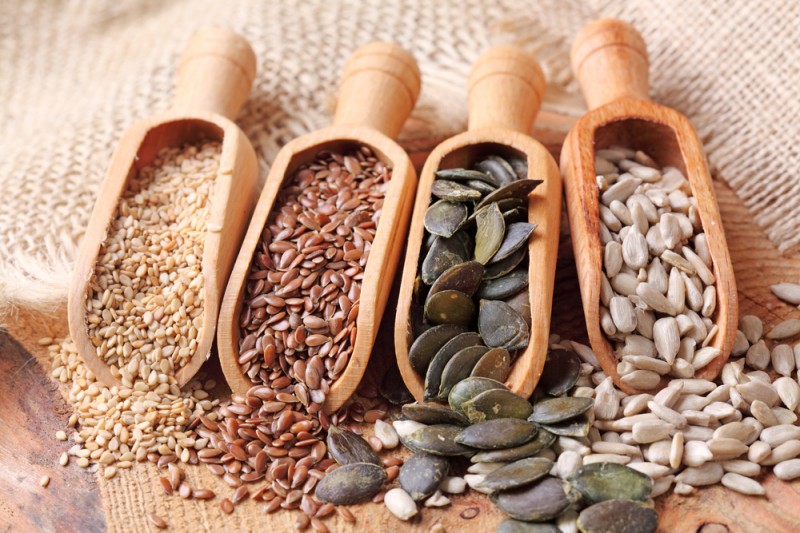
The human body can make most types of fat from other fats or from raw foods. However, this is not the case for linolenic acid and linoleic fatty acids where the body must get them from food. They have therefore been coined essential fatty acids.
What is linolenic fatty acid?
Linolenic acid is a polyunsaturated fatty acid found in plant foods and is used to build omega 3 fatty acids.
Linolenic is a very special type of fat:
- They are an integral part of your cell membrane
- They are the beginning of the anti-inflammatory process
- They provide the hormones needed to regulate blood clotting, contraction and relaxation of the artery walls
- High ALA intake was associated with reduced risk of fatal heart disease in prospective cohort studies
There are 3 types of omega 3 fatty acids, alpha-linolenic acid (ALA) aka linolenic acid being the most common omega 3 fatty acid in the western diet. It is found in vegetable oils, nuts and seeds and in grass fed animals.
The 2 other types of omega 3 fatty acids are EPA and DHA. ALA can be converted into DHA and EPA, but this conversion is very limited.
Fishing for omega 3 fatty acids
The type of omega 3 fatty acids found in fish oils are different to linolenic omega 3 acid. It is this fatty acid that will give you DHA and EPA directly. There is evidence suggesting that DHA and EPA may support a healthy heart and prevent heart attack as well as stroke.
Omega 3 fatty acids found in fish is also important due to the vital role they play in brain function. In infants these fatty acids are essential for the growth and functional development of the brain.
Given the broad based importance and benefits of omega 3 fatty acids, it is important to eat fish once or twice per week. The cold water fish such as salmon, tuna, mackerel have the highest percentage of DHA and EPA.
Dietary sources of alpha-linolenic acid include:
- Flaxseeds, and flaxseed oil
- Canola (rapeseed) oil
- Soybeans and soybean oil
- Pumpkin seeds and pumpkin seed oil
- Perilla seed oil
- Tofu
- Walnuts and walnut oil
|
Do you have a natural health & wellness business? |









